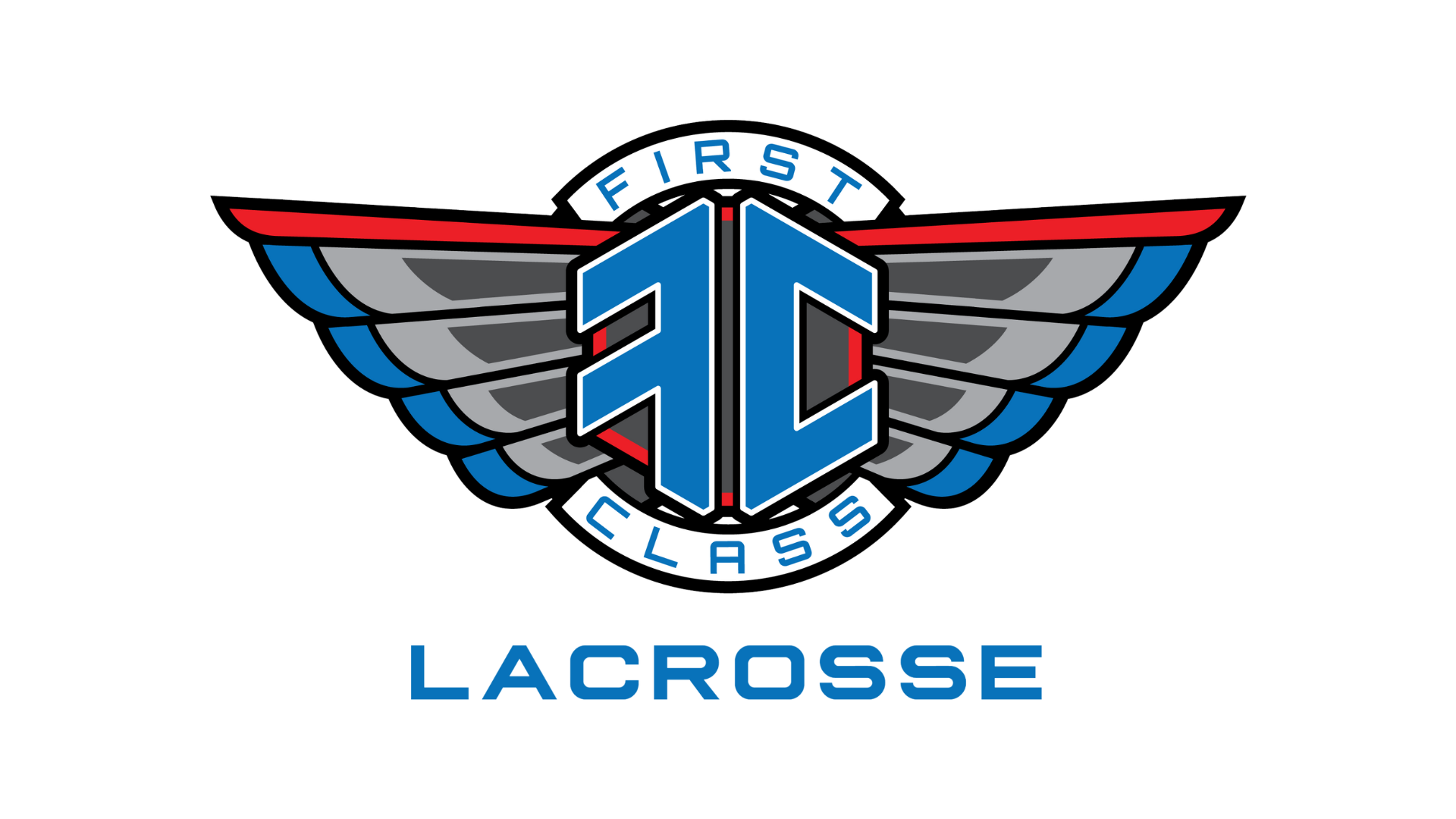Scanning
Playing without the ball is something every offensive coach preaches. 5 out of 6 guys, and 6 out of 7 girls do not have the ball at any given time!
2 min read
 Matt Dunn
:
Updated on August 6, 2024
Matt Dunn
:
Updated on August 6, 2024

When I coach or work with players consistently I will from time to time “quiz them” on the concepts we have covered.
I may ask a player to demonstrate proper slide positioning to an alley dodge and have him talk the group through his stance and focal points. A lot of the guys can do this pretty well.
“You want your butt to the ball-side sideline, you want to be low and athletic, and our stick is to the inside.” Ok great, can you tell me about your positioning between your man and the ball? “Yes, we want to form our off-ball triangle so that I can see my guy on the crease and the dodger with the ball. I also need to connect with the backside to pull in a 2-slide.”
Boom - he nailed the main concepts. Now we go to drill these at higher speeds with multiple variables changing and all of a sudden everything he just explained so well seems to have gone out the window. His butt is not getting around to the ballside, he is not connecting with his teammates, his stick is not to the inside on every rep. What happened?
Most of the guys could answer a multiple choice test on these keys after we’ve trained together for a handful of sessions or they’ve used the online platform. However, there is a gap between understanding and execution. Just because a player knows what to do, does not mean they yet have the capacity to execute the skill in all environments. Typically players are not being defiant when they do not do what we coaches ask of them. Oftentimes they just have not drilled the skill effectively and frequently enough to execute in a game or practice environment.
As a coach and/or trainer, our job is to teach the player a skill or concept so they know it and then to drill it appropriately so that they can effectively transfer this knowledge into execution. This is why athletes and programs at the highest levels continue to drill fundamentals. Any well run Division 1 program will be consistently drilling "stick in front" approach drills with their defenders. Even though this is the same concept we may teach 10 year-olds, the level of detail and technique is much more important as you progress.
While most of these athletes know what to do, the ability to execute it comes from muscle memory and repetition in the appropriate environments. The required level of execution also changes as you move up the ranks. For example, you may have great stickwork for JV lacrosse, but when you make varsity you don’t stop your wallball routine; rather, you ramp it up. The drills don’t always get fancier, but the level and attention to detail at which you execute them change.
As players, we need to develop a great feel for the game. Knowledge that is not transferred into muscle memory is virtually useless on the game field. The only way to do this is through consistent and quality reps. If you want to take your game to the next level you do not need the next new shiny thing. You need to rep the basics until you can do them with your eyes closed.
Mental reps are extremely valuable. If you are struggling with something on the practice field, go home and visualize the scenario. If it helps, take a pen and paper and draw out what is happening and what you are supposed to be doing. Imagine yourself executing it well. If you can get mental reps in between practices, you will grasp concepts and improve at a much faster rate.
Here is a clip of UVA's defense executing a great double (possibly triple) on an Army short dodge. A short dodge takes place when the dodge starts inside of the box. This gives defenses a great opportunity to put pressure on the offense through short slides and free doubles.
This is a clip pulled from our Pre-Season Defensive Webinar series last winter. These full webinars are recorded and uploaded onto our FCL Online Platform.
Check out our community and become a member to view drills, webinars, film breakdowns, courses and more. Use code BLOG15 for an exclusive discount to our membership community on Circle!
Playing without the ball is something every offensive coach preaches. 5 out of 6 guys, and 6 out of 7 girls do not have the ball at any given time!
Many of you probably know how important it is to study your own game footage to improve your performance, but have you ever considered the value of...
As players mature in the game of lacrosse, the number of distractions grows proportionally. The better you get and the higher you set your goals, the...